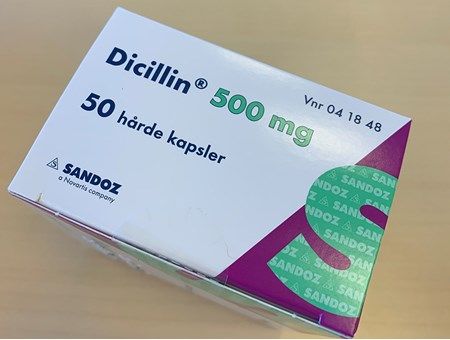The health authorities have recalled the antibiotic medication Dicillin after it was linked to an outbreak of multiresistant bacteria cases.
So far about nine patients have been found containing multiresistant CPO bacteria following the ingestion of Dicillin, but doctors fear that the actual figure could be much larger.
Between September and December 2022 alone, about 35,000 people were prescribed Dicillin. And given it has been prescribed since then, thousands more people were likely given the medication.
“I think there are more who can be carriers and that we’ve only seen the tip of the iceberg,” said Tyra Grove Krause, head of Infectious disease epidemiology and prevention at the State Serum Institute (SSI).
“This is a unique outbreak of the sort I’ve never experienced before.”
READ ALSO: Danish researchers break down resistant bacteria defence against antibiotics
Drastic impact
Dicillin is produced by Swiss firm Sandoz and SSI has alerted its network in the EU and the WHO of its findings.
Multiresistant bacteria can extend and complicate the treatment of infections as antibiotics normally used may not have an effect.
Those infected with multiresistant bacteria also need to be isolated when visiting hospitals to avoid infecting others … for all hospital visits and for the rest of their lives.
Special rules also exist in elderly homes or regarding home-visits by nurses for those who have multiresistant bacteria.













